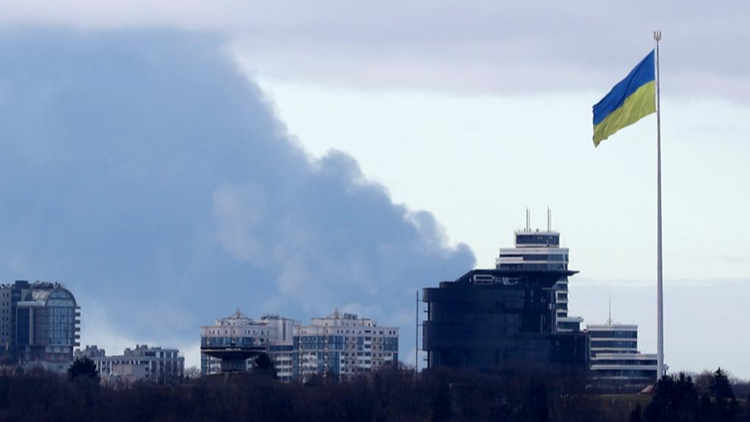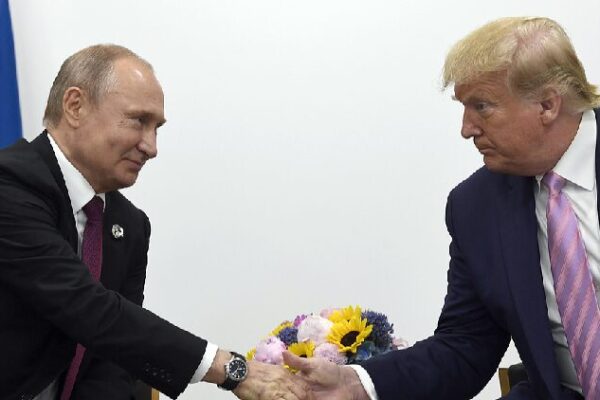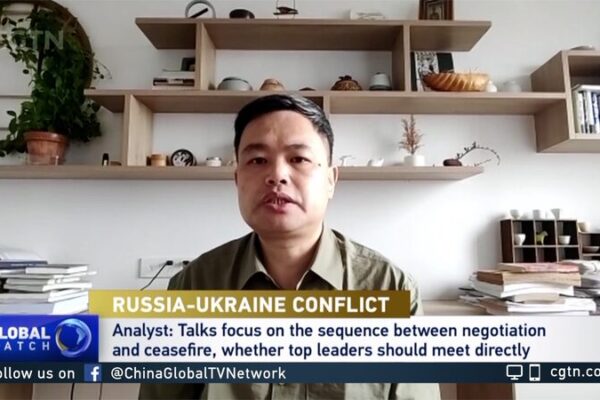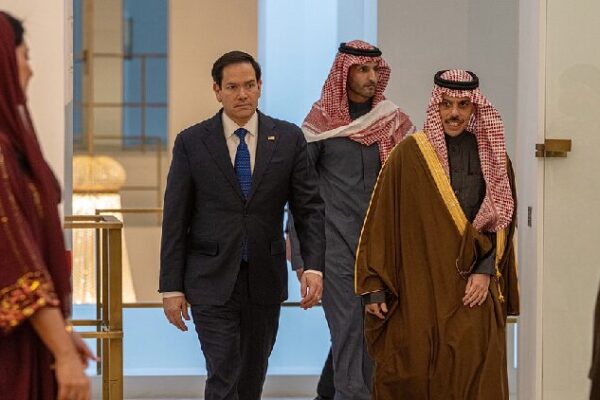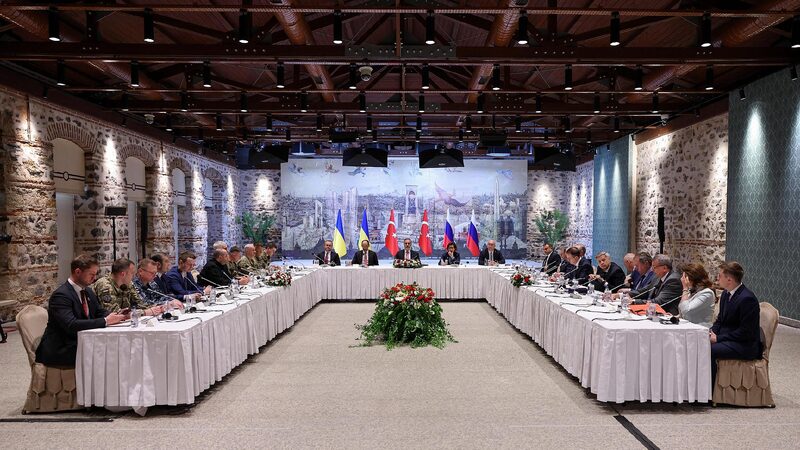The United States’ recent advocacy for initiating peace talks between Ukraine and Russia has stirred a mix of hope and skepticism among global audiences, especially youths in the Global South. While some view it as a step toward ending the prolonged conflict, others question the feasibility and sincerity of such negotiations.
Calls for Diplomacy Amid Ongoing Conflict
Amid increasing tensions and continuous clashes in Eastern Ukraine, the U.S. government has been urging both Kyiv and Moscow to consider diplomatic solutions. Officials argue that sustained dialogue could pave the way for a ceasefire and eventually restore stability in the region.
Mixed Reactions from International Community
The international community has responded with a blend of optimism and caution. Many European nations support the idea of talks but emphasize the need for Russia to respect Ukraine’s sovereignty. Meanwhile, residents in the Global South are watching closely, understanding the profound impact such a conflict has on global peace and security.
Challenges Ahead
Despite the push for peace talks, significant obstacles remain. Trust between the involved parties is low, and previous attempts at negotiation have faltered. Additionally, there are concerns about whether all stakeholders are genuinely committed to a peaceful resolution.
Youth Perspectives
Young adults around the world, particularly in developing regions, are expressing their views on social media platforms. Many are calling for transparency in the peace process and urging leaders to consider the humanitarian implications of prolonged conflict.
The Road Forward
As the situation develops, the global community remains hopeful yet cautious. The desire for peace is universal, but achieving it requires concerted effort, genuine dialogue, and a willingness to address the underlying issues fueling the conflict.
Reference(s):
U.S. approach to Ukraine peace talk sparks controversy and uncertainty
cgtn.com
